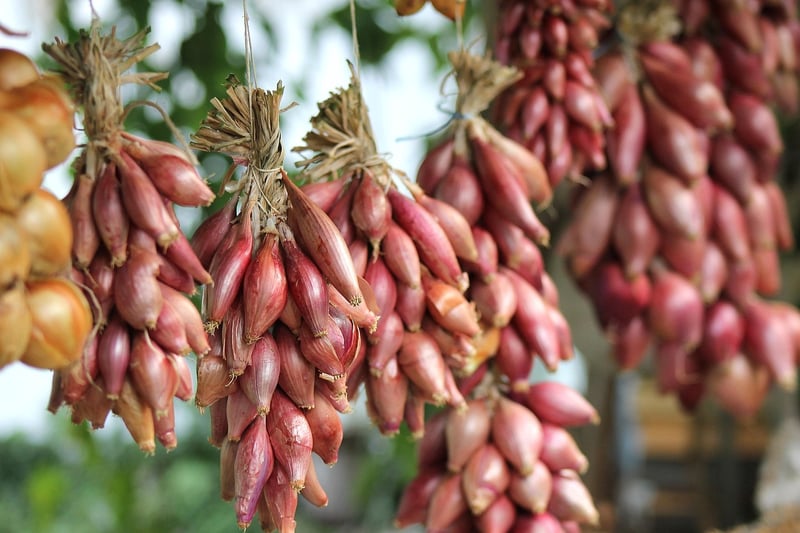Organic Gardening Hacks
Sustainable Practices for a Greener Life + Organic Gardening Hacks
Introduction
Welcome to the world of sustainability and organic gardening! In this article, we will explore sustainable practices you can incorporate into your daily life to help create a greener environment. Additionally, we will provide you with some organic gardening hacks to grow your plants naturally and efficiently.
Sustainable Practices for a Greener Life
1. Reduce, Reuse, Recycle
One of the fundamental principles of sustainability is to reduce waste. Start by reducing your consumption, reusing items whenever possible, and recycling materials like paper, plastic, and glass. This simple practice can significantly reduce your environmental footprint.
2. Conserve Energy
Save energy by turning off lights when not in use, unplugging electronics, using energy-efficient appliances, and insulating your home. Conserving energy not only helps the environment but also saves you money on utility bills.
3. Sustainable Transportation
Opt for eco-friendly transportation options such as walking, biking, carpooling, or using public transportation. Reduce your carbon emissions by minimizing your reliance on fossil fuels.
4. Support Sustainable Brands
Choose products from companies that prioritize sustainability and ethical practices. Look for eco-friendly certifications, organic ingredients, and fair trade labels when making purchasing decisions.
5. Grow Your Own Food
Start an organic garden at home to grow your fruits, vegetables, and herbs. Not only does it promote sustainable living, but it also allows you to enjoy fresh, chemical-free produce right from your backyard.
Organic Gardening Hacks
1. Composting
Set up a compost bin in your garden to recycle kitchen scraps, yard waste, and other organic materials. Compost enriches the soil, reduces landfill waste, and provides nutrients for your plants.
2. Natural Pest Control
Avoid harmful pesticides by using natural pest control methods such as companion planting, introducing beneficial insects, and creating physical barriers like row covers. This helps protect your plants without harming the environment.
3. Water Conservation
Save water in your garden by using a drip irrigation system, collecting rainwater in barrels, and mulching to retain soil moisture. Water conservation is essential for sustainable gardening practices.
4. Crop Rotation
Rotate your crops each season to prevent soil depletion and reduce the risk of pests and diseases. Crop rotation is a natural way to maintain soil health and improve plant growth.
5. DIY Organic Fertilizers
Create your organic fertilizers using kitchen scraps, compost tea, or natural ingredients like seaweed or bone meal. Homemade fertilizers are cost-effective and free from harmful chemicals.
Conclusion
By incorporating sustainable practices into your daily life and implementing organic gardening hacks, you can contribute to a greener, healthier planet. Start small, make simple changes, and watch as your efforts positively impact the environment and your well-being.


